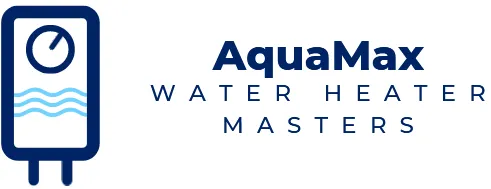Types of Water Heaters:
Which One is Best for Your Las Vegas Home?
Selecting a new water heater can be overwhelming. With a wide array of options such as traditional tanks, solar units, and tankless models, it's crucial to choose wisely, taking into account factors like energy efficiency and hot water capacity that align with your family's requirements. To simplify this process, our comprehensive guide offers a detailed evaluation of each water heater type. By delving into the following information, you'll gain the knowledge needed to confidently make the best decision. Remember to carefully consider the distinct pros and cons associated with each type before finalizing your choice.

Traditional Storage Tank Water Heaters
Tank-style water heaters are a popular and efficient choice. These units use gas, electric, or oil to heat water and store it in insulated tanks, ensuring a continuous supply of hot water with just a simple turn of the tap.
Pros:
One of the key advantages of tank-style water heaters is their affordability. Compared to other types of water heaters, they generally have a lower upfront cost, making them a budget-friendly option.
These water heaters often come with longer warranty periods, offering extra protection and peace of mind for homeowners.
Maintenance for tank-style water heaters is typically straightforward and hassle-free. You won't need to worry about complex procedures or intricate maintenance routines. This simplicity makes it easier to keep your water heater in good working condition, ensuring its longevity and optimal performance.
Cons:
They tend to have higher operating expenses due to lower energy efficiency. Over time, this can result in increased costs for heating water, impacting your overall energy bills.
Another limitation of tank-style water heaters is their capacity. The size of the tank determines the amount of hot water available at any given time. During peak usage periods, such as when multiple people are showering or using hot water simultaneously, there is a risk of running out of hot water, causing inconvenience.
There is always a risk of water damage with tank-style water heaters. If the tank develops a leak or fails, it can lead to significant damage to the surrounding area. This highlights the importance of regular maintenance and inspections to identify any potential issues and prevent water-related accidents.

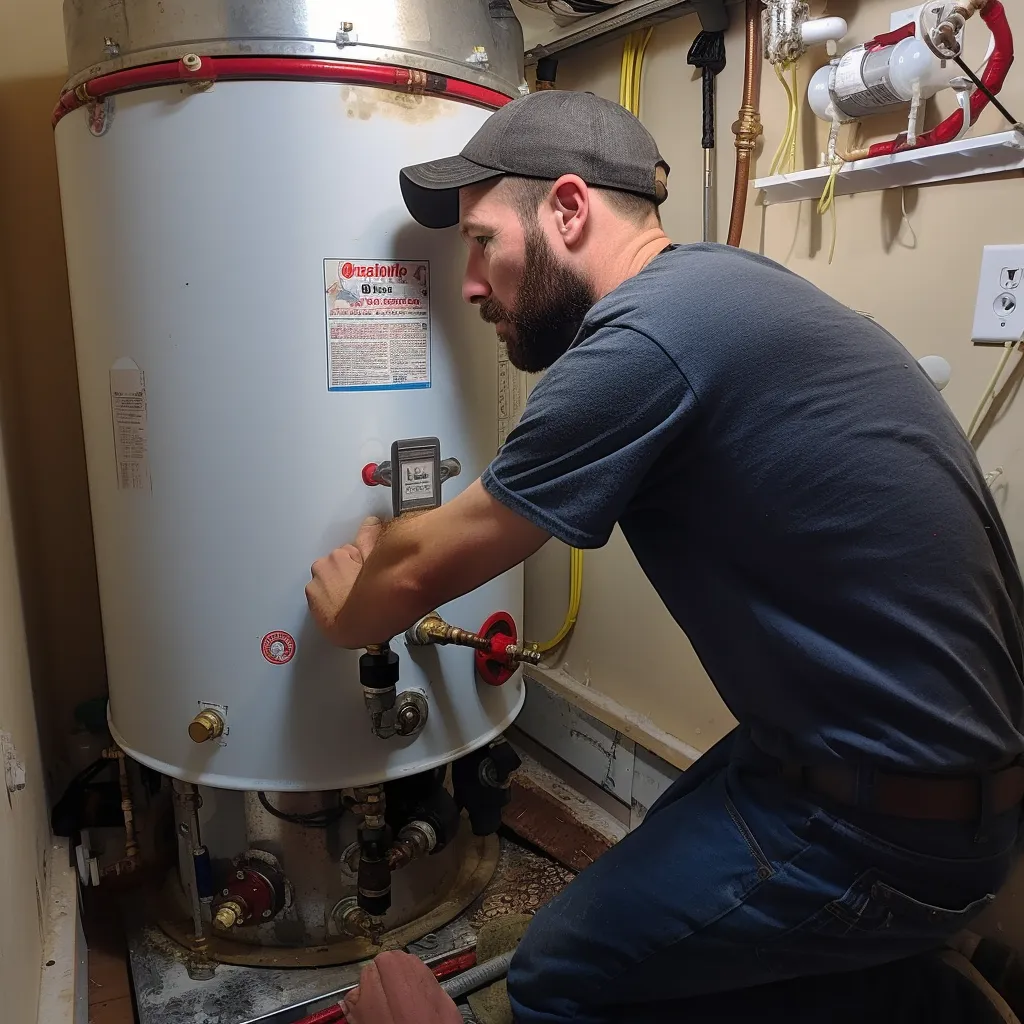
Tankless Water Heaters
Tankless water heaters offer a modern and efficient solution. Unlike traditional tank-style models that continuously store and heat water, tankless units operate by heating water on demand. This not only saves energy but also frees up valuable space in your home. Although the upfront cost of a tankless water heater may be higher, the long-term savings on utility bills more than make up for it. With their energy-saving benefits, tankless water heaters provide a more eco-friendly and cost-effective option for meeting your hot water needs.
Pros:
One of the advantages of tankless water heaters is their easy installation. Thanks to their compact design, the installation process is straightforward and hassle-free. Additionally, tankless units boast high energy efficiency, resulting in consistently low monthly bills.
By utilizing their energy-saving capabilities, you can enjoy hot water while keeping your utility expenses under control.
With a tankless water heater, you can say goodbye to running out of hot water. As long as there is demand, these units provide a continuous supply of hot water, ensuring your comfort and convenience. Moreover, tankless water heaters have a longer lifespan compared to traditional models, making them a smart and economical investment in the long run.
Cons:
Tankless water heaters do come with a higher initial cost when compared to traditional water heaters. While the energy savings can offset this over time, it's an important factor to consider when making your decision.
Venting complexities may arise in small spaces during the installation process.
Tankless water heaters have a limited capacity for high-demand applications. If you have a particularly large household or frequently require a high volume of hot water simultaneously, it's worth considering this limitation.
Heat Pump Water Heaters
Heat pump water heaters are a top choice due to their exceptional efficiency and cost-effectiveness. These innovative systems employ a small compressor to extract heat from the air, making them highly energy-efficient. The best part is that they deliver hot water without consuming a significant amount of energy, resulting in substantial cost savings. What sets them apart is their ability to operate without electricity, ensuring a reliable supply of hot water even during power outages. With a heat pump water heater, you can enjoy the advantages of efficient and affordable hot water.
Pros:
Energy Efficiency: Heat pump water heaters are renowned for their impressive energy efficiency. By utilizing renewable energy from the air, they can substantially reduce utility bills compared to traditional water heaters.
Renewable Energy Utilization: These water heaters harness the power of renewable energy, making them a sustainable and environmentally friendly choice. By extracting heat from the air, they help reduce reliance on fossil fuels.
Continuous Hot Water during Power Outages: One of the standout features of heat pump water heaters is their ability to provide hot water even during power outages. This uninterrupted supply ensures your comfort and convenience at all times.
Cons:
Higher Initial Cost: It's important to note that heat pump water heaters generally have a higher upfront cost compared to traditional models. However, the long-term energy savings can offset this initial investment.
Ventilation and Space Requirements: Due to their unique operation, heat pump water heaters may require additional ventilation and space during installation. Ensure that your space meets these requirements for optimal performance.
Limited Capacity: It's worth mentioning that heat pump water heaters may have a limited capacity, which can result in a lower availability of hot water per usage. This aspect should be taken into account based on your household's hot water demands.

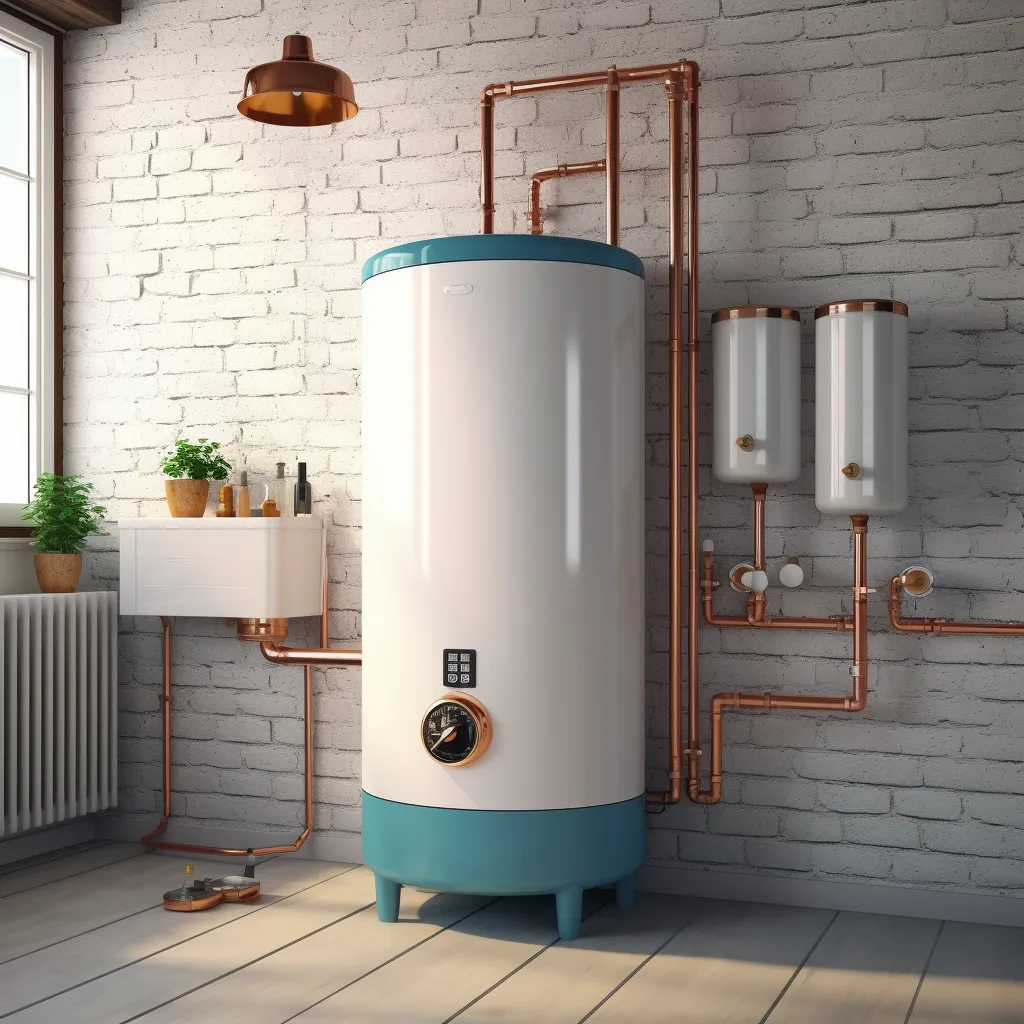
Heat Pump Hybrid Water Heaters
Consider the advantages of heat pump hybrid water heaters. These innovative systems combine the best features of conventional storage tank water heaters and heat pump technology, offering a range of benefits. Despite a higher upfront investment, their exceptional performance and efficiency make them a wise choice for homeowners.
Pros:
One of the major advantages of heat pump hybrid water heaters is their remarkable energy efficiency. By harnessing renewable energy, these systems can significantly reduce your utility bills, providing long-term savings.
Their sustainable nature promotes eco-friendly practices, contributing to a greener environment.
Another valuable feature of these water heaters is their ability to provide hot water even during power outages. This can be particularly advantageous in Las Vegas, where power interruptions can occur. With a heat pump hybrid water heater, you can enjoy a continuous supply of hot water, ensuring comfort and convenience for you and your family.
In terms of durability, heat pump hybrid water heaters have a longer lifespan compared to traditional storage tank heaters. This means you won't have to worry about frequent replacements or repairs, saving you both time and money in the long run.
Cons:
The initial cost of these systems is higher than that of conventional storage water heaters. However, given their superior functionality and efficiency, the initial investment can be justified by the long-term savings they provide.
Installation may pose challenges due to potential ventilation and space requirements. It's important to ensure that your home meets the necessary conditions for a heat pump hybrid water heater installation.
These water heaters have limited capacity, which means there is a finite amount of hot water available for each use. If you have a large household with high hot water demand, you may need to consider your usage patterns and adjust accordingly.
There is a risk of water damage if the tank of the heat pump hybrid water heater fails or leaks. Regular maintenance and inspections are crucial to mitigate this risk and ensure the system operates safely.
Solar Powered Water Heaters
Looking for an eco-friendly solution for water heater replacement in Las Vegas? Consider the advantages of solar-powered water heaters. Not only can they help you lower your monthly utility bills, but they also allow you to tap into renewable energy sources. When it comes to solar water heaters, there are two main types to choose from: active and passive systems. Both of these options harness the sun's energy to warm stored water, providing you with a simple and cost-effective way to save money. By making the switch to a solar-powered water heater, you not only enjoy the benefits of reduced energy costs but also contribute to a more sustainable and environmentally friendly approach to heating water.
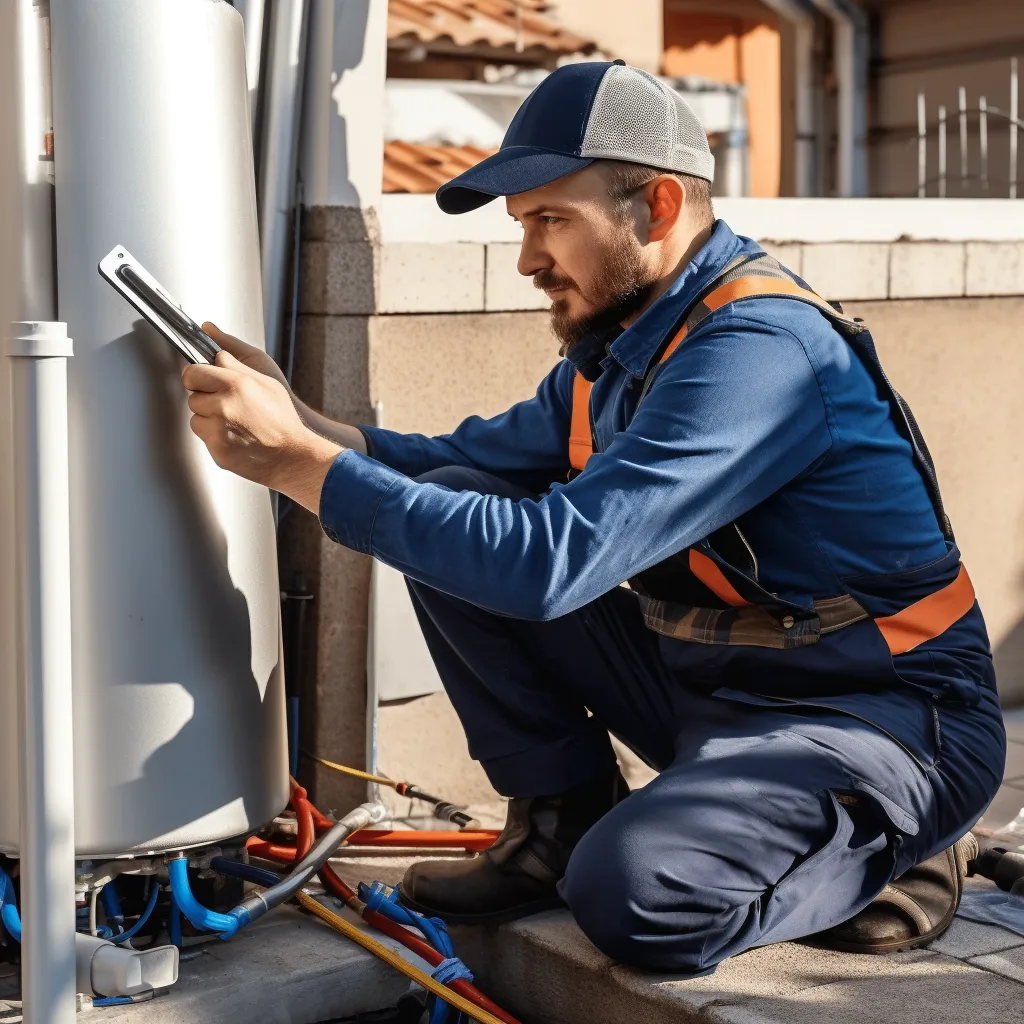
Active Systems:
Active solar powered water heaters use pumps to transfer hot fluid from the collectors to a storage tank, ensuring a steady supply of hot water for your household needs. With their exceptional efficiency, active solar-powered water heaters optimize the collection of solar energy, allowing you to enjoy ample hot water while reducing your environmental footprint. Experience the benefits of these cutting-edge systems and enjoy a consistent and eco-friendly hot water supply for your Las Vegas home.
Passive Systems:
Passive solar water heaters are an excellent choice. These innovative systems utilize solar power to heat the water, relying on natural convection to transport the heated fluid from the collectors to a storage tank. One of the notable advantages of passive solar water heaters is their affordability, both in terms of installation and maintenance costs. While they may not offer the same capacity as active systems, passive solar water heaters provide a cost-effective and environmentally friendly solution for meeting your hot water requirements while harnessing the power of the sun.
Pros:
One of the key pros of solar water heaters is their high efficiency, which translates to significant cost savings on energy bills. By harnessing renewable energy from the sun, these systems can provide hot water while minimizing your reliance on conventional power sources.
Solar water heaters also boast a longer lifespan compared to traditional water heaters. This means you'll enjoy reliable hot water for an extended period, reducing the need for frequent replacements and saving you money in the long run.
Cons:
One of the main drawbacks is their higher initial cost compared to traditional storage tank heaters. While the upfront investment may be greater, the long-term energy savings can offset this expense over time.
Another potential challenge is the additional space and equipment requirements that come with solar water heaters. The installation process may be more complex and involve factors such as available roof space and adequate exposure to sunlight. It's essential to consult with a professional installer who can assess your specific needs and recommend the most suitable system for your home.
There is a small risk of water damage if the solar panels in your system become faulty or damaged. Regular maintenance and inspections can help mitigate this risk and ensure the optimal performance of your solar water heater.
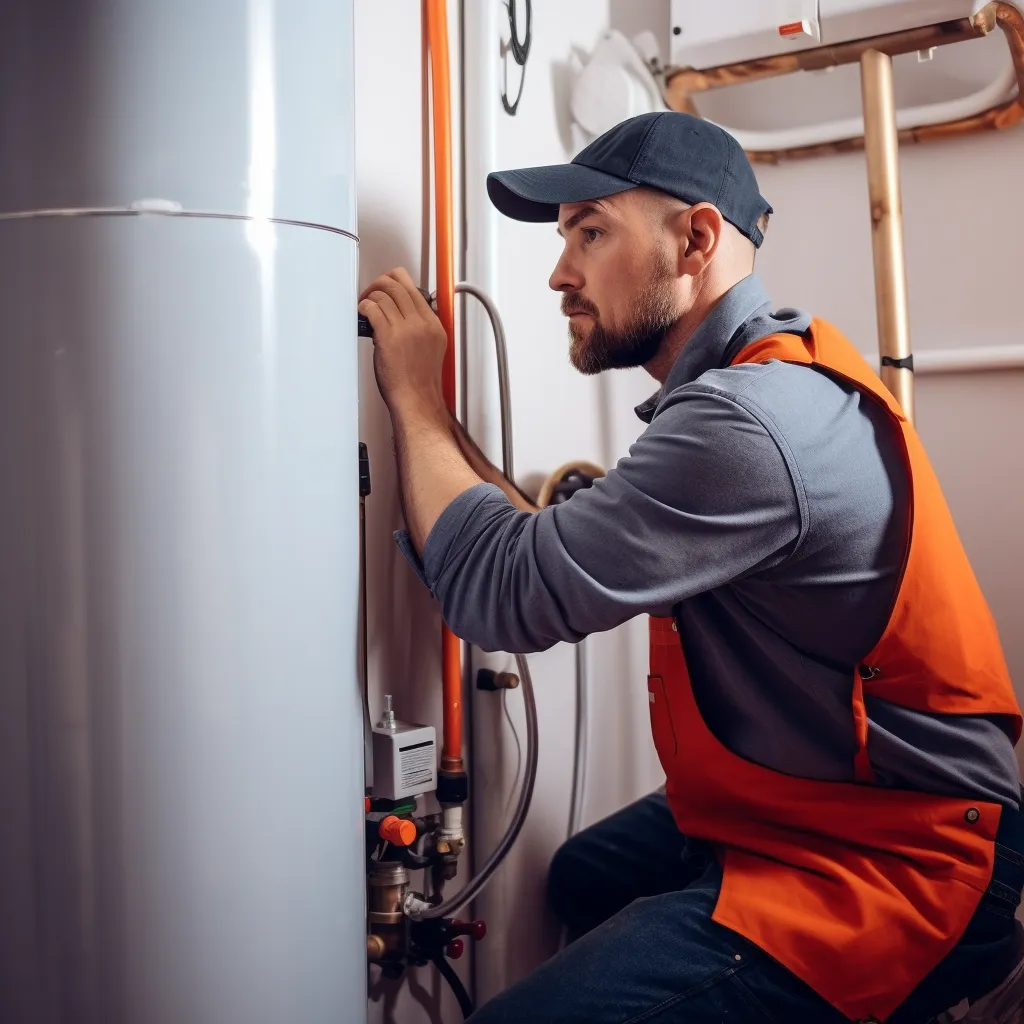
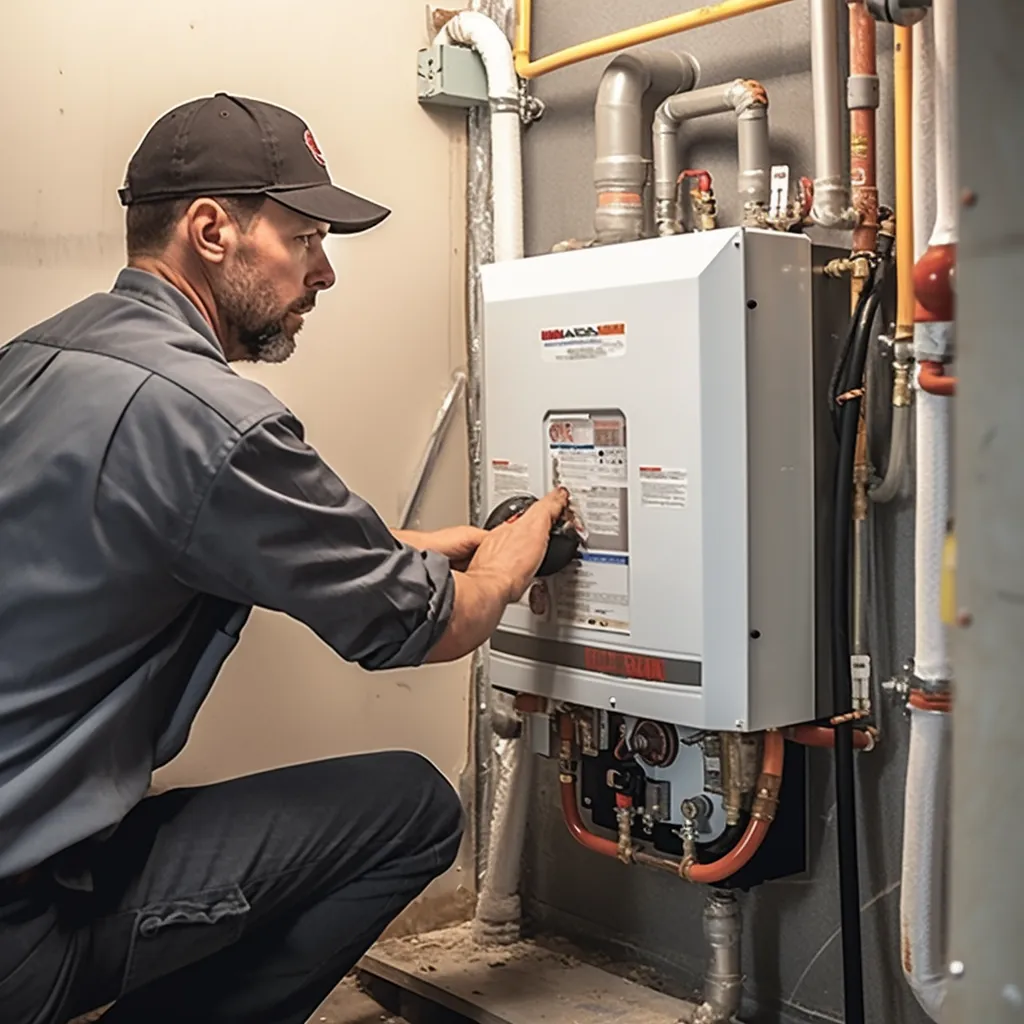
Point-of-Use Water Heaters
Point-of-use water heaters are an excellent choice. These compact and efficient systems provide hot water on demand, making them ideal for small spaces or as an alternative to traditional storage tanks. By delivering hot water directly at the point of use, they eliminate the need for long pipe runs and reduce heat loss.
Pros:
One of the major advantages of point-of-use water heaters is their high energy efficiency. This translates into lower monthly utility expenses, helping you save money in the long run.
Their compact size makes installation and maintenance a breeze, especially in tight spaces where larger systems may not be suitable.
Point-of-use water heaters generally have a longer lifespan compared to storage tank heaters, providing you with reliable hot water for years to come.
Cons:
Point-of-use water heaters may have a higher initial cost compared to other options.
They may require extra ventilation and installation space, so proper planning is necessary.
Another factor to keep in mind is that point-of-use water heaters have a lower hot water capacity, which means there may be limitations on the availability of hot water per use.
There is a slightly higher risk of water damage due to tank failure or leaks in tankless heaters, although proper maintenance and regular inspections can mitigate this risk.
Water Heaters With Hydronic Boilers
Hydronic boilers offer a compelling solution. Unlike conventional heating systems, hydronic boilers use water instead of air to efficiently distribute heat throughout your space. This feature makes them ideal for colder climates and provides the added benefit of supplying hot water for domestic use. By pairing hydronic boilers with tank water heaters, you can meet your hot water needs affordably.
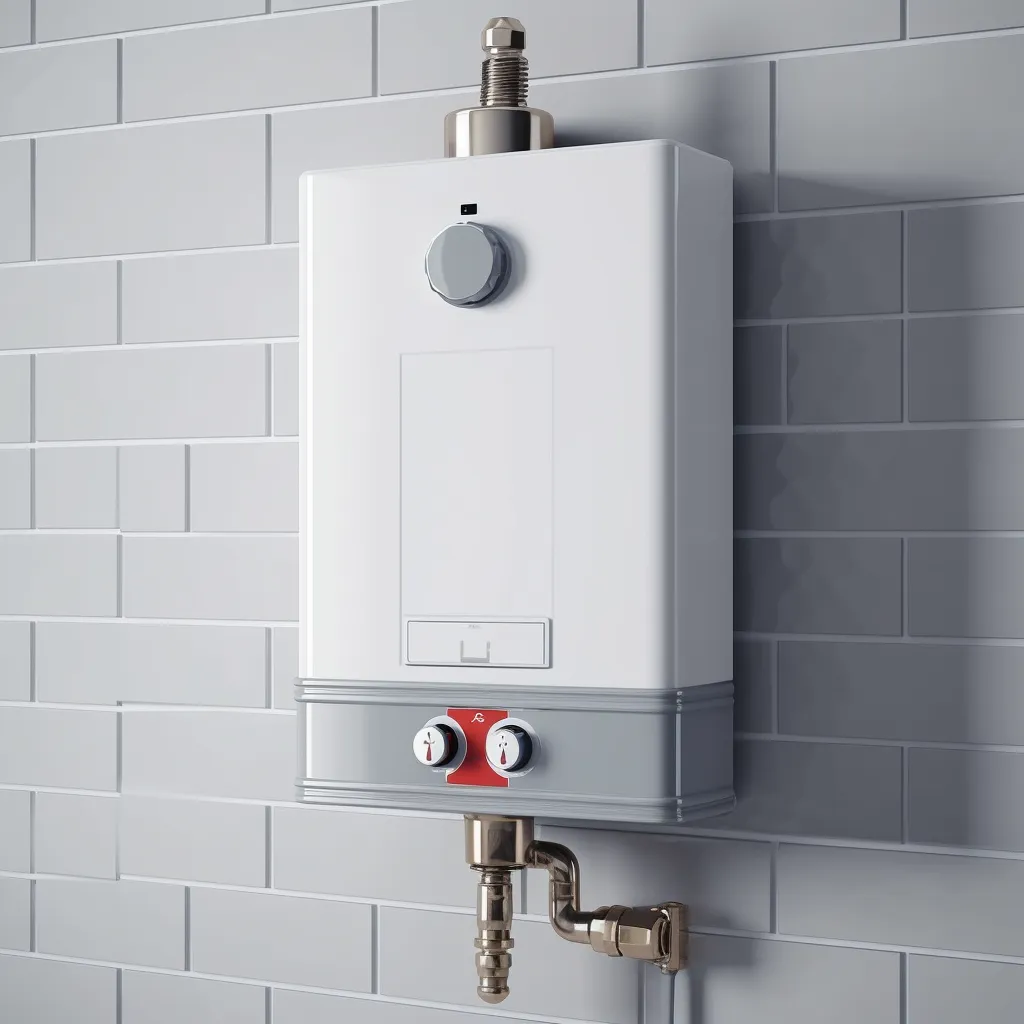
Pros:
One major advantage of hydronic boilers is their high efficiency, which translates into lower monthly utility bills.
Their ability to provide both space heating and hot water makes them a versatile choice for homeowners. Additionally, their compact design allows for easy installation in tight spaces, maximizing the use of available room.
Another notable benefit of hydronic boilers is their longer life expectancy when compared to traditional tank water heaters. This longevity helps offset the higher initial cost associated with these systems.
Cons:
Hydronic boilers have limited capacity, resulting in less hot water available per use.
Some users may experience noise generation during operation, although this can often be mitigated through proper installation and maintenance.
Certain utility rebates or incentives may not be applicable to hydronic boilers. Therefore, it is essential to verify eligibility before making a purchasing decision.
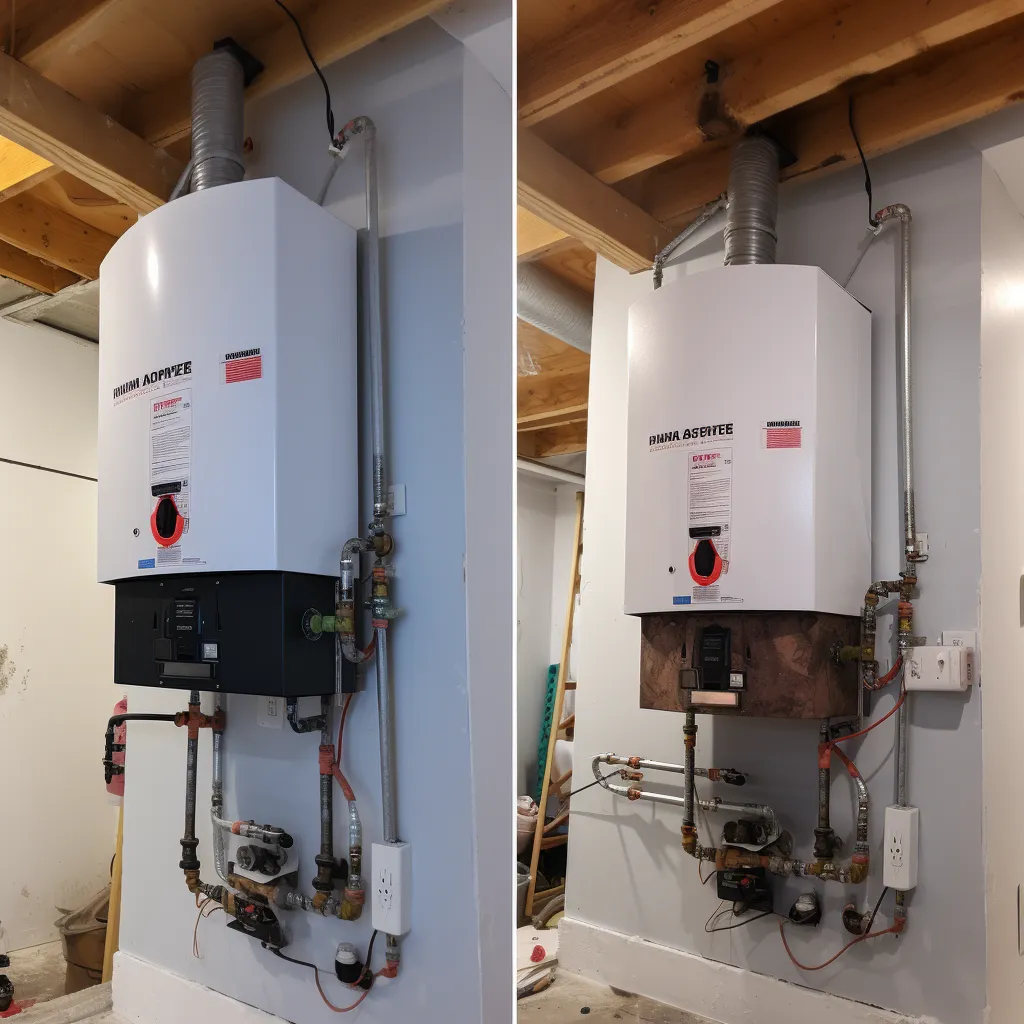
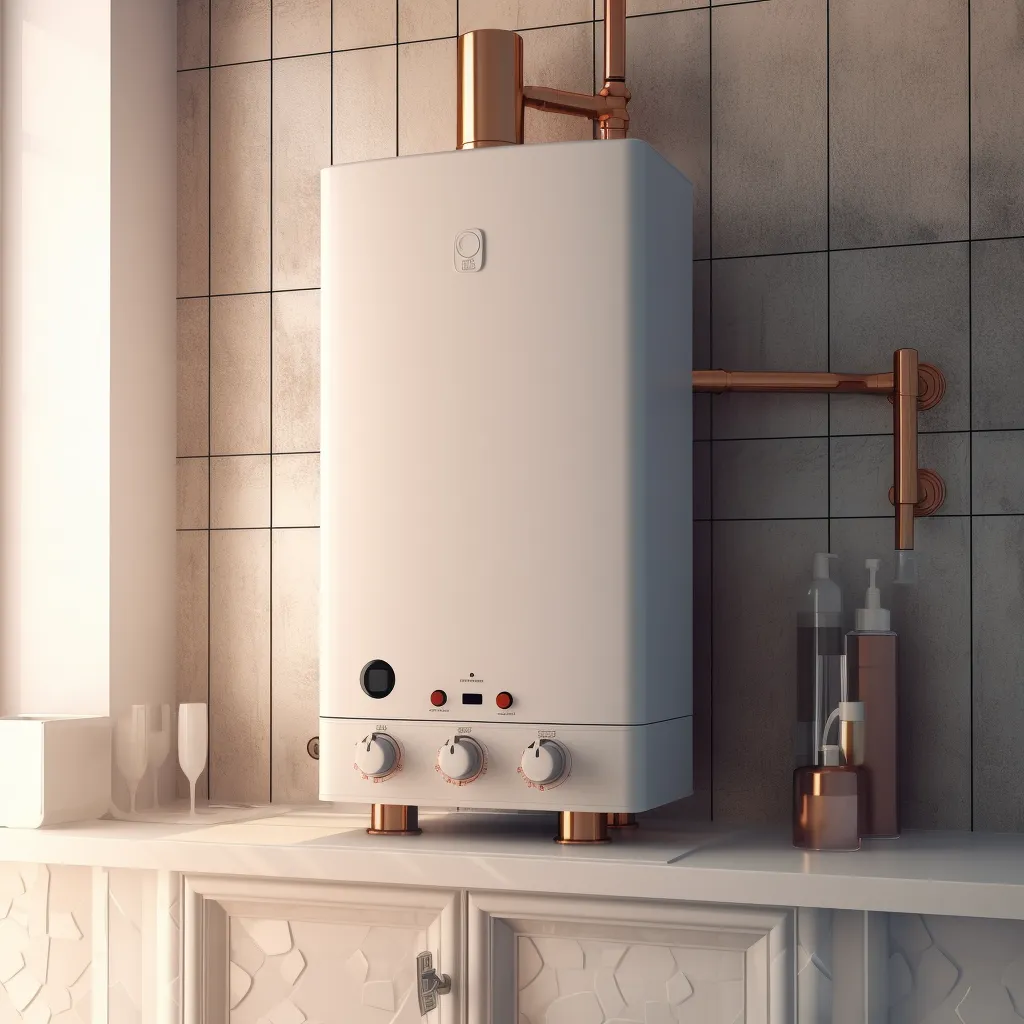
Smart Water Heaters
Upgrade your water heating system with smart water heaters in Las Vegas, the cutting-edge technology for efficient hot water production. With Wi-Fi enabled thermostats, you can easily manage your hot water consumption and expenses from anywhere in the city. Take control of temperature settings and customize them according to your needs, all through your smartphone.
Pros:
You can enjoy the convenience of remote control via a Wi-Fi enabled thermostat. This feature allows you to manage your water heater effortlessly from your smartphone or other devices. Whether you're relaxing on the couch or on vacation, you have full control at your fingertips.
Energy-saving modes are another benefit of smart water heaters. By utilizing features like vacation mode, you can significantly reduce your monthly energy bills. These energy-saving modes ensure that your water heater operates efficiently when you're away, saving you money without compromising your hot water supply.
The compact size of smart water heaters is another advantage, especially in a city like Las Vegas where space may be limited. Even in tight spaces, these heaters are easy to install and maintain. Their compact design makes them a suitable choice for various locations within your home, without sacrificing functionality or performance.
One of the most significant benefits of smart water heaters is their longer life expectancy when compared to traditional storage tank heaters. Investing in a smart water heater ensures that you'll enjoy reliable hot water for an extended period, reducing the need for frequent replacements and repairs.
Cons:
Smart water heaters generally come with a higher upfront cost compared to traditional storage water heaters. While the initial investment may be higher, the long-term energy savings and convenience they offer often outweigh the initial expense.
It's worth noting that some utility rebates or incentives may not apply to smart water heaters. It's advisable to research the specific programs available in Las Vegas to determine if you're eligible for any financial benefits when purchasing a smart water heater.
Another consideration is the need for software updates to ensure compatibility with newer devices. While smart water heaters provide cutting-edge technology, occasional updates may be required to ensure seamless integration with the latest smartphones and other devices. Stay updated with the manufacturer's recommendations to take advantage of new features and improvements.
It's crucial to prioritize the security of your Wi-Fi connection when using smart water heaters. Without a secure connection, there may be potential security risks associated with unauthorized access. To mitigate this, make sure to follow best practices for securing your Wi-Fi network and regularly update your smart water heater's firmware to protect your privacy and data.
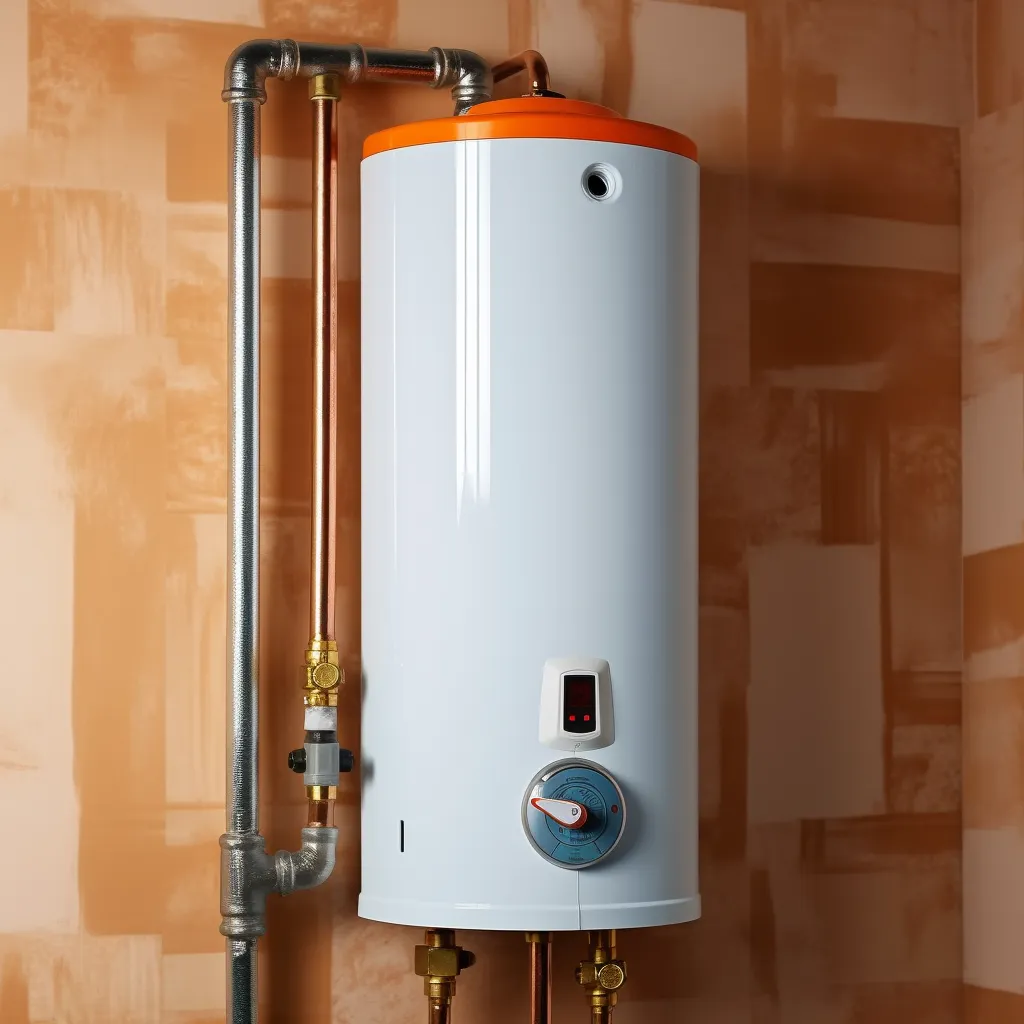
Condensing Water Heaters
Condensing water heaters are an excellent choice. Combining the benefits of tankless and traditional storage tank water heaters, they offer an optimal solution. By harnessing advanced technology, condensing water heaters extract heat from exhaust gases, maximizing efficiency and saving costs. They take advantage of the heat that would otherwise go to waste, resulting in improved performance and increased energy efficiency.
Pros:
One significant advantage of condensing water heaters is their high energy efficiency. This translates into lower utility bills, as they consume less energy compared to other types of water heaters.
Condensing water heaters have a longer lifespan than traditional tank water heaters, providing you with reliable hot water for a longer duration.
Another benefit is that condensing water heaters can provide hot water even during power outages. This is especially valuable in Las Vegas, where uninterrupted access to hot water is crucial for comfort and daily routines.
Cons:
The initial cost of a condensing water heater is higher than that of traditional options. While the long-term energy savings can offset this, it's important to factor in the upfront investment.
Condensing water heaters may have specific space and ventilation requirements. Proper installation and ventilation are necessary to ensure their optimal functioning and safety. This may involve allocating adequate space and incorporating appropriate ventilation systems.
Another limitation is their limited hot water capacity. If you have high demands for hot water, such as multiple showers running simultaneously, a condensing water heater may not be the most suitable option. Assessing your household's hot water needs is crucial to determine if the capacity meets your requirements.
There is a potential risk of water damage in case of tank failure or leakage. Regular maintenance and inspections can help mitigate this risk, but it's important to be aware of the possibility.
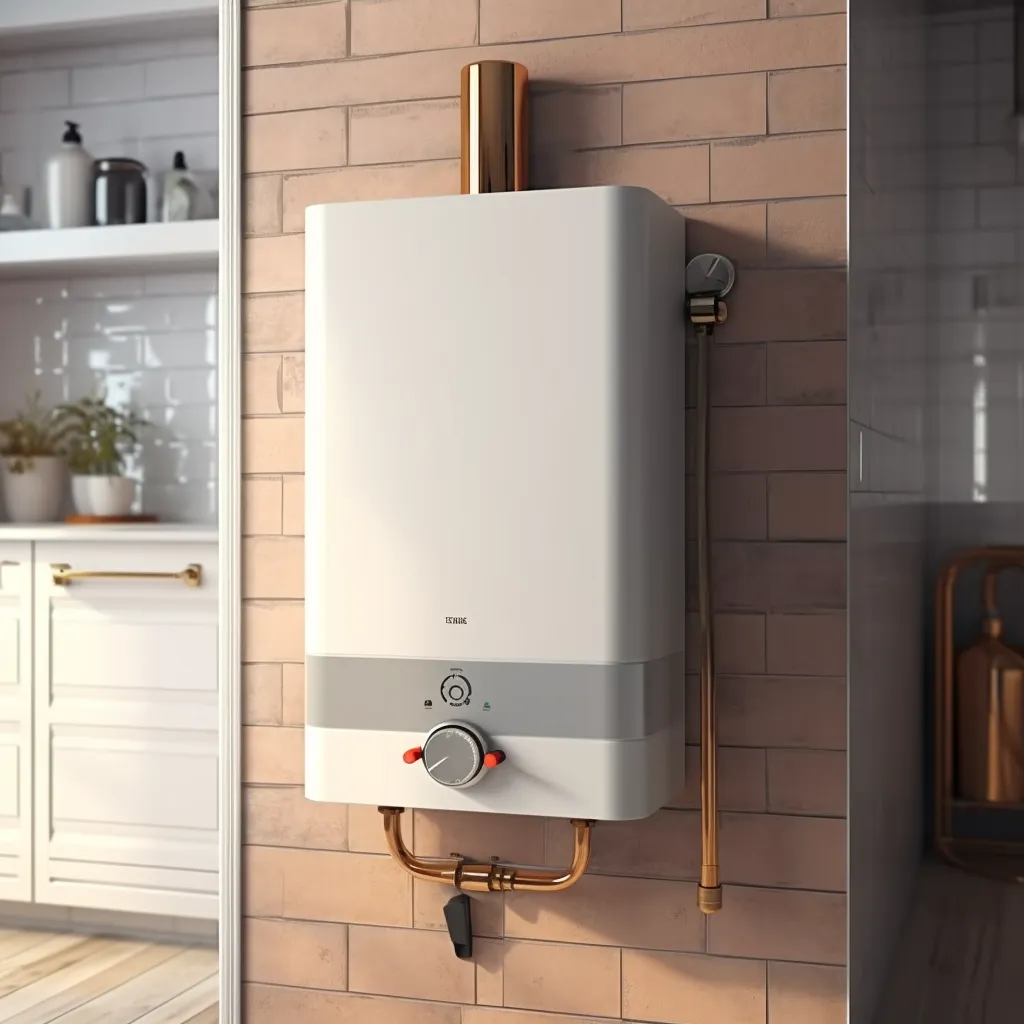
How to choose the right
water heater for your home
Choosing the right size is crucial for ensuring efficient hot water supply while avoiding unnecessary expenses and space constraints. Opting for a water heater that is too small can lead to inadequate hot water, while an oversized one can be both costly and occupy more room than necessary. To determine the ideal water heater size for your family's needs, it's essential to take into account your lifestyle and daily hot water usage. By carefully selecting the appropriate size, you can achieve affordable home comfort and enjoy a plentiful supply of hot water that perfectly meets your requirements.
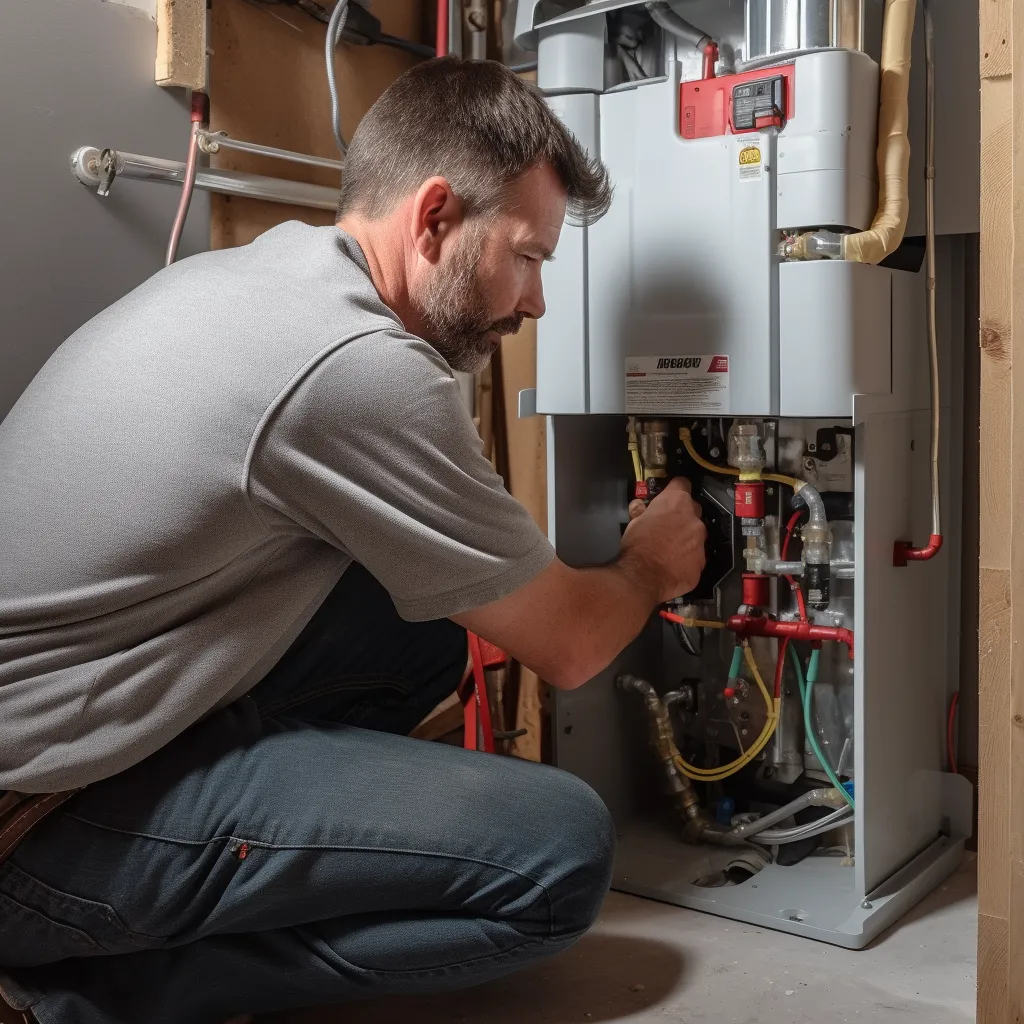
When should you
replace your water heater?
A fully operational water heater is essential for maintaining a smoothly running plumbing system in your home. It provides hot water for everyday activities like showering, dishwashing, and laundry. Typically, water heaters last between 10 to 15 years. If your water heater has already surpassed this lifespan, it's time to start thinking about investing in a replacement. By upgrading to a newer model, you can ensure a dependable supply of hot water while preventing potential problems and expensive repairs that come with an aging unit. Trust us to handle your water heater replacement needs in Las Vegas.
If you're experiencing any of the following signs in Las Vegas, it might be the right time to consider water heater replacement:
One common indicator is tank leakage, which can lead to water damage and potential hazards.
Another sign is the presence of strange noises coming from your water heater, suggesting internal issues that could worsen over time.
Discolored and rusty hot water is another red flag, indicating corrosion within the tank. If you're frequently running out of hot water or experiencing fluctuations in water temperature, it may be a clear indication that your water heater is no longer functioning optimally.
If you've noticed a significant increase in your energy bills without any other apparent cause, it could be due to an inefficient and outdated water heater system.
Addressing these signs promptly and considering a water heater replacement can help ensure a reliable and energy-efficient hot water supply for your Las Vegas home.
Maintenance tips for
water heater efficiency
Ensuring the regular maintenance of your water heater is crucial for both preventing potential issues and maintaining optimal efficiency. By adhering to simple maintenance routines, you can effectively keep your water heater running smoothly, resulting in affordable and dependable access to hot water. If you're seeking water heater replacement services in Las Vegas, prioritizing proper maintenance can help extend the lifespan of your unit and avoid unnecessary expenses.
Benefits of hiring a licensed plumber
to replace your water heater
Hiring a professional plumber offers numerous advantages that you should consider. While you may be tempted to tackle the task yourself, the expertise and training of a professional can make a significant difference.
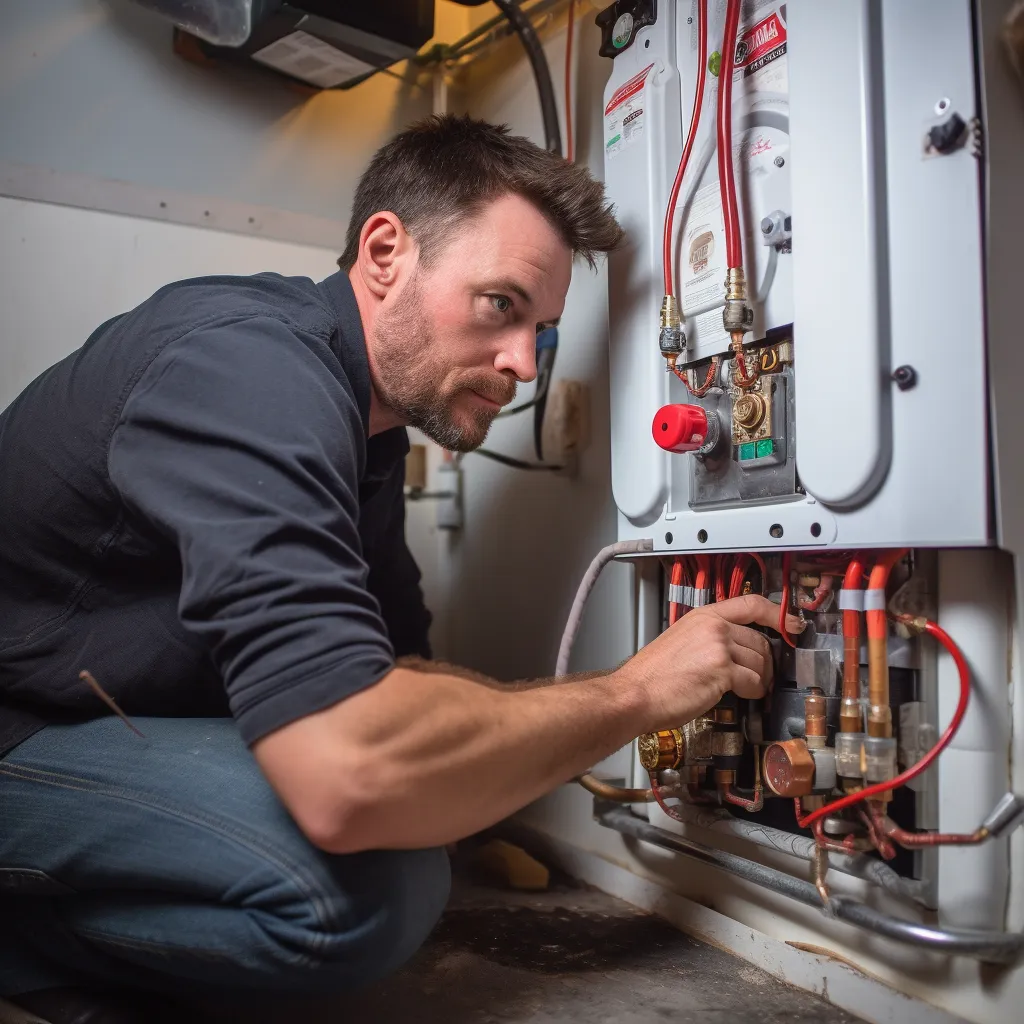
By calling on a licensed plumber, you can rest assured that your water heater installation will adhere to local building codes and safety standards. This ensures that the replacement is carried out correctly and minimizes any potential risks or hazards.
Professionals possess the knowledge and experience to recommend the best type and size of water heater that suits your specific needs. They can provide expert advice based on factors such as your household size, hot water demands, and energy efficiency requirements, helping you make an informed decision.
During the installation process, any issues that arise can be swiftly identified and resolved by professional plumbers. Their expertise allows them to troubleshoot and overcome potential challenges, ensuring a smooth and efficient installation without unnecessary delays or complications.
Plumbers come equipped with the necessary tools and equipment to carry out the replacement effectively. They have access to specialized tools and are familiar with the techniques required for a proper installation. This eliminates the need for you to invest in expensive tools or risk using inadequate equipment.
Hiring a licensed plumber for water heater replacement can provide numerous benefits, including saving time, money, and avoiding potential issues.
Contact Us
GET IN FULL TOUCH
PHONE:+(702) 935-6990
EMAIL:
stephen@waterheaterlasvegas.com
Las Vegas, NV 89183
